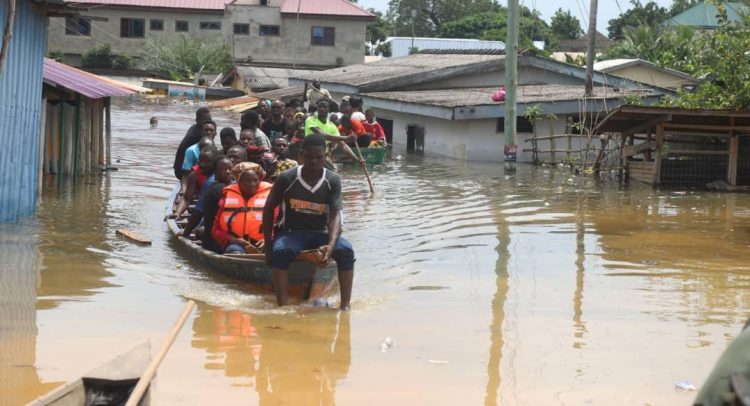Akosombo dam spillage: Diarrhea, bilharzia and Malaria cases found in emergency shelters

Akosombo dam spillage: Diarrhea, bilharzia and Malaria cases found in emergency shelters.
The Ghana Medical Association (GMA) has made a disturbing disclosure, detecting people with signs of diarrhea living in the emergency shelters created for people affected by the spillage of the Akosombo and Kpong Dams.
Acting General Secretary of the GMA, Dr. Richard Selormey, disclosed this during an interview on Eyewitness News on Citi FM.
Dr. Selormey said that a team was dispatched by the Association to help with rescue efforts in the affected areas and came across a number of people with diarrhea and bilharzia.
“We mobilized a team of about twenty-two people, collaborating with the Ghana Registered Nurses and Midwives Association and a clinical psychologist who also volunteered from the 37 Military Hospital. They went on the ground on Tuesday and divided themselves into six different teams at the six different shelters. They are offering health education, screening, and treatment of the people,” said Dr. Selormey.
“We have noted that the most common thing being found is people having malaria as well as skin diseases and respiratory conditions because most of the centres are holding a lot of people at a go and people are in close contact. We have also noticed that there are a few people beginning to show signs of diarrhea diseases and about two people are also showing signs of bilharzia,” he added.
Dr. Selormey further warned of an outbreak of waterborne diseases and urged the people to observe safety protocols while waiting for relief items.
OTHER NEWS: Devastation caused by Akosombo Dam spillage due to lack of coordination – Wise Ametefe
“Our concern is the breakout of diarrheal diseases. That can be a big problem because it can quickly spread. And then also because of the crowding, respiratory tract infections. So key is the protocols we highlighted during the COVID-19 pandemic which has to do with handwashing practices and advising the people not to touch things and making sure that there is good water available,” said Dr. Selormey.



